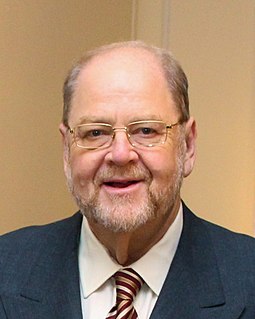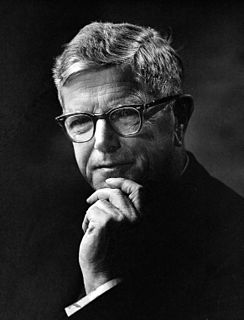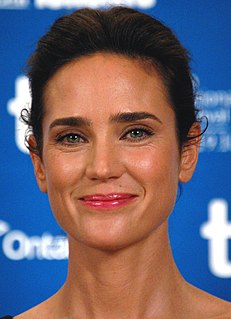A Quote by Kathleen Rubins
I think it's going to be amazing to see how the world of microbiology, molecular and cellular biology, and human physiology is massively changed by microgravity.
Related Quotes
If belief in evolution is a requirement to be a real scientist, it’s interesting to consider a quote from Dr. Marc Kirschner, founding chair of the Department of Systems Biology at Harvard Medical School:
“In fact, over the last 100 years, almost all of biology has proceeded independent of evolution, except evolutionary biology itself. Molecular biology, biochemistry, physiology, have not taken evolution into account at all.
The second half of the 20th century was a golden age of molecular biology, and it was one of the golden ages of the history of science. Molecular biology was so successful and made such a powerful alliance with the medical scientists that the two together just flourished. And they continue to flourish.
The simplest single-celled organism oscillates to a number of different frequencies, at the atomic, molecular, sub-cellular, and cellular levels. Microscopic movies of these organisms are striking for the ceaseless, rhythmic pulsation that is revealed. In an organism as complex as a human being, the frequencies of oscillation and the interactions between those frequencies are multitudinous.
It is now widely realized that nearly all the 'classical' problems of molecular biology have either been solved or will be solved in the next decade. The entry of large numbers of American and other biochemists into the field will ensure that all the chemical details of replication and transcription will be elucidated. Because of this, I have long felt that the future of molecular biology lies in the extension of research to other fields of biology, notably development and the nervous system.
A renaissance in cellular biology has recently revealed the molecular mechanisms by which thoughts and perceptions directly influence gene activity and cell behavior...Energy psychology, through its ability to rapidly identify and reprogram limiting misconceptions, represents the most powerful and effective process to enhance physical and emotional well being.
I think one of the both liberating and terrifying prospects from synthetic biology for example is that you are going to have all of these do it yourself biosynthetic labs where people are going to be playing with the software of life. We are going to have a new generation of artists that are going to be playing with genomes the way that Blake and Byron used to play with poetry. And when genomes are the new canvas for the artist, we might be able to radically upgrade the human species and the software of the biology of the human species.
It [motherhood] has changed absolutely everything. I mean, it's changed my life. I think I've changed as a human being more since I've had Kai than in any other period in my life...It's such an incredible catalyst for growth. I found myself questioning absolutely everything: how I spend my time, how I speak, what kind of projects I work on, how I look at the world.
































